
The Influence of Chatbots on Customer Services: Benefits and Impact
Mar 25, 2025 5 Min Read 5372 Views
(Last Updated)
Chatbots have emerged as key players in revolutionizing customer service in an era where instant gratification is the norm. These AI-driven assistants offer round-the-clock support, handling everything from basic inquiries to complex issues with efficiency and ease. This leap in technology not only elevates customer experience but also opens new avenues for businesses to engage with their clientele.
In this blog, we’ll explore their impact on customer service—highlighting the benefits, addressing the challenges, and peeking into the future of digital customer interactions. Let’s understand how chatbots are transforming customer service, making it more accessible, personalized, and efficient than ever before.
Table of contents
- What are Chatbots?
- The Influence of Chatbots on Customer Services
- Provide Fast (24/7 Customer Service)
- Offer More Personalized Experiences
- Offer Convenient Self-Service Options
- Provide Proactive Customer Service
- Collect Customer Feedback
- Boost Customer Engagement
- Boost Sales
- Increase Lead Generation
- Streamline the Checkout Process for Higher Conversions
- Help with A/B Testing
- Reduce Business Costs
- Conclusion
- FAQs
- How do chatbots improve customer satisfaction?
- Can chatbots handle complex customer service tasks?
- Are chatbots cost-effective for small businesses?
What are Chatbots?
Chatbots are software applications designed to simulate conversation with human users, often through text or voice interactions. They can run on various platforms, including websites, messaging apps, and mobile apps, serving a wide range of purposes from customer service to information retrieval and entertainment.
At their core, chatbots are powered by rules or artificial intelligence (AI), depending on their complexity and the tasks they are designed to perform.
Chatbots are used in a variety of domains, including but not limited to:
- Customer Service: Providing support, answering FAQs, and handling transactions.
- E-commerce: Assisting with product recommendations, order tracking, and returns.
- Healthcare: Healthcare: Offering preliminary diagnosis, appointment scheduling, medication reminders, and efficient customer service—AI chatbots in healthcare now deliver personalized, timely, and compliant support that aligns with evolving patient expectations and Google’s emphasis on trustworthy, user-focused content.
- Education: Facilitating learning through interactive Q&A sessions and access to educational resources.
For those interested in using these technologies, GUVI’s Artificial Intelligence and Machine Learning courses combo offers deep learning of the skills needed to develop and deploy advanced chatbots, preparing you for the future of customer services.
Also Read: Everything You Should Know About ChatGPT & Why It Matters?
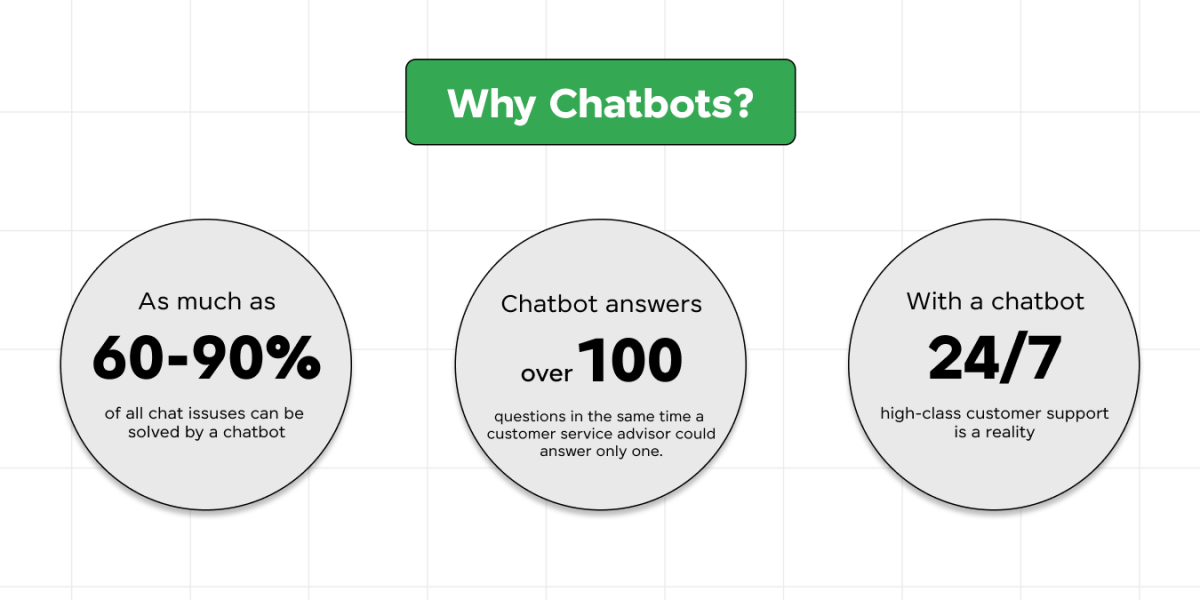
Now that we’ve covered what chatbots are, let’s understand their significant influence on customer service and how they’re transforming the way businesses interact with customers.
The Influence of Chatbots on Customer Services
The influence of chatbots on customer services has been transformative, reshaping how businesses interact with their customers and setting new standards for efficiency, accessibility, and personalization. Here’s a deeper look into the key ways chatbots are making an impact:
1. Provide Fast (24/7 Customer Service)
Chatbots redefine customer service efficiency by offering immediate responses at any hour of the day, addressing one of the most common consumer demands: speed. Unlike traditional customer service that relies on human availability, chatbots eliminate wait times and the constraints of time zones or holidays, ensuring customers can receive help whenever needed.
This round-the-clock availability significantly enhances customer satisfaction and loyalty, as consumers feel valued and supported at all times. Businesses benefit from increased efficiency and the ability to maintain a continuous presence, ensuring no customer query goes unanswered, regardless of the time or day.
Learn About The Role of AI in Predictive User Interface Design
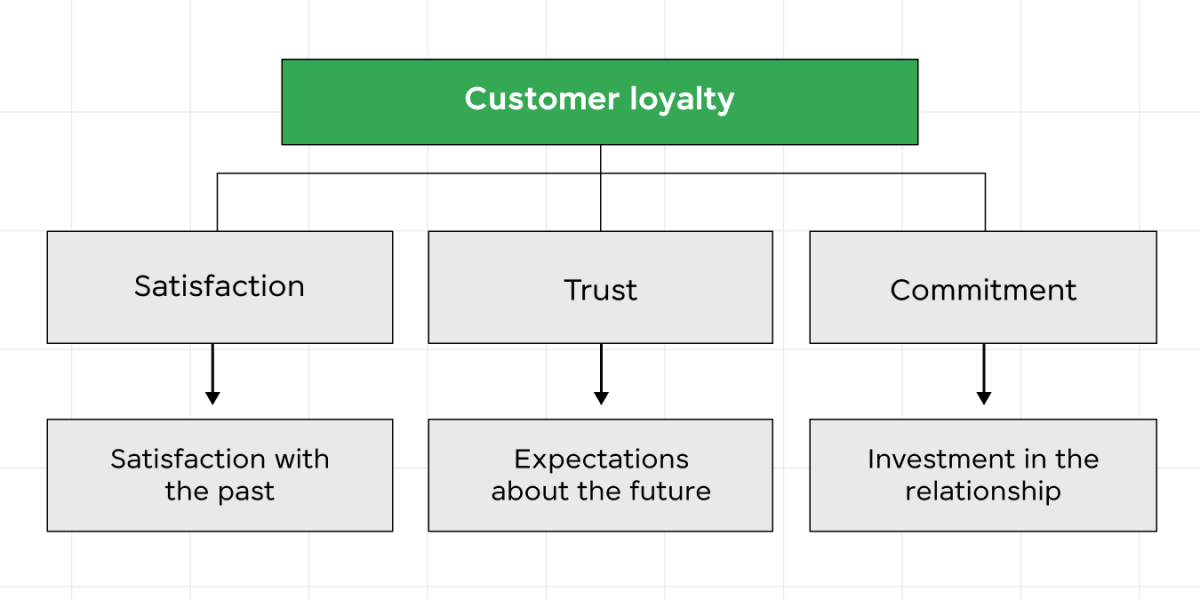
2. Offer More Personalized Experiences
By using AI and machine learning, chatbots can analyze customer data, preferences, and past interactions to tailor conversations and services. This personalization extends beyond mere product recommendations to include customized support solutions and insightful content delivery, making each customer feel uniquely understood.
Personalized experiences foster deeper customer engagement and satisfaction, as users receive relevant and meaningful interactions. To achieve this, businesses must ask the right voice of the customer questions to understand customer needs and preferences. For businesses, this translates into improved customer retention and potentially higher sales, as personalized interactions are more likely to resonate with customers, encouraging repeat business and fostering a stronger emotional connection with the brand.
Also Read: Bard vs ChatGPT 3.5 | Best Chatbot For Software Development
3. Offer Convenient Self-Service Options
Chatbots empower customers by providing them with the tools to solve their problems independently, without the need to interact with a human agent. Customers who prefer quick solutions and minimal interaction highly value this self-service approach. By guiding users through troubleshooting steps, offering access to frequently asked questions, or facilitating transactions directly through the chat interface.
For businesses, self-service options reduce the load on human agents, allowing them to focus on more complex inquiries, and increase operational efficiency by automating routine tasks.
4. Provide Proactive Customer Service
Chatbots can initiate conversations with customers based on their browsing behavior or past interactions, offering assistance before the customer even realizes they need it. This proactive approach to customer service can enhance the customer experience by anticipating needs, offering helpful suggestions, or alerting customers to potential issues before they escalate.
For businesses, proactive customer service can lead to increased customer satisfaction, reduced churn, and opportunities for upselling and cross-selling. It also demonstrates a company’s commitment to customer care and can differentiate a brand in a crowded market by making customers feel valued and understood.
Also Read: ChatGPT 3.5 vs 4.0: Is it worth it to buy a ChatGPT Plus Subscription?
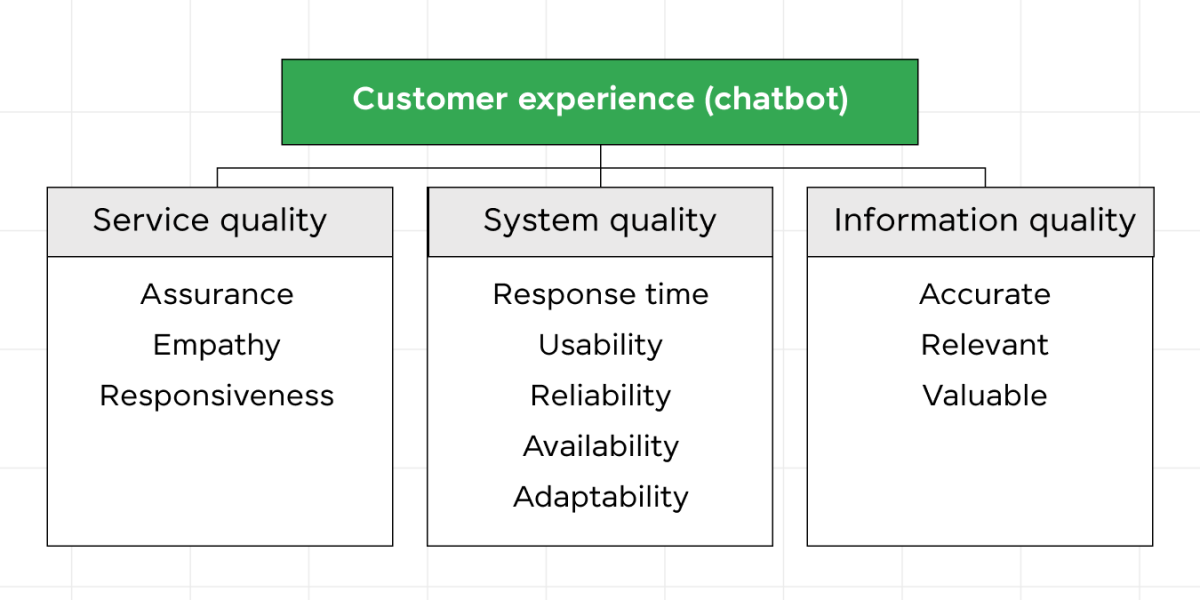
5. Collect Customer Feedback
Chatbots offer a unique avenue for collecting real-time, candid customer feedback. Unlike traditional methods that may require customers to complete surveys or forms, chatbots can solicit feedback naturally during interactions. This approach not only increases the likelihood of customers providing feedback but also allows businesses to gather insights into customer satisfaction, preferences, and pain points more dynamically and engagingly.
The immediacy of this feedback enables businesses to quickly identify and address issues, make informed decisions, and adapt strategies to meet customer needs better. Consequently, chatbots play an important role in enhancing the quality of customer service and product offerings through direct customer insights.
Also Read: 5 Tips to Easily Improve Your Coding Skills with ChatGPT
6. Boost Customer Engagement
Chatbots contribute significantly to boosting customer engagement by providing interactive and immediate responses. Through personalized interactions, chatbots can recommend products, offer discounts, and share content that aligns with the customer’s interests and behavior. This proactive approach to customer service fosters a deeper connection between customers and brands, encouraging repeat visits and interactions.
Moreover, engaging customers through chatbots can lead to increased brand loyalty and advocacy, as satisfied customers are more likely to share their positive experiences with others. For businesses, enhanced customer engagement translates into more opportunities for conversion and sales, underlining the value of chatbots beyond simple query resolution.
Also Read: 8 Exciting Project Ideas for Final Year B Tech Students [2024]
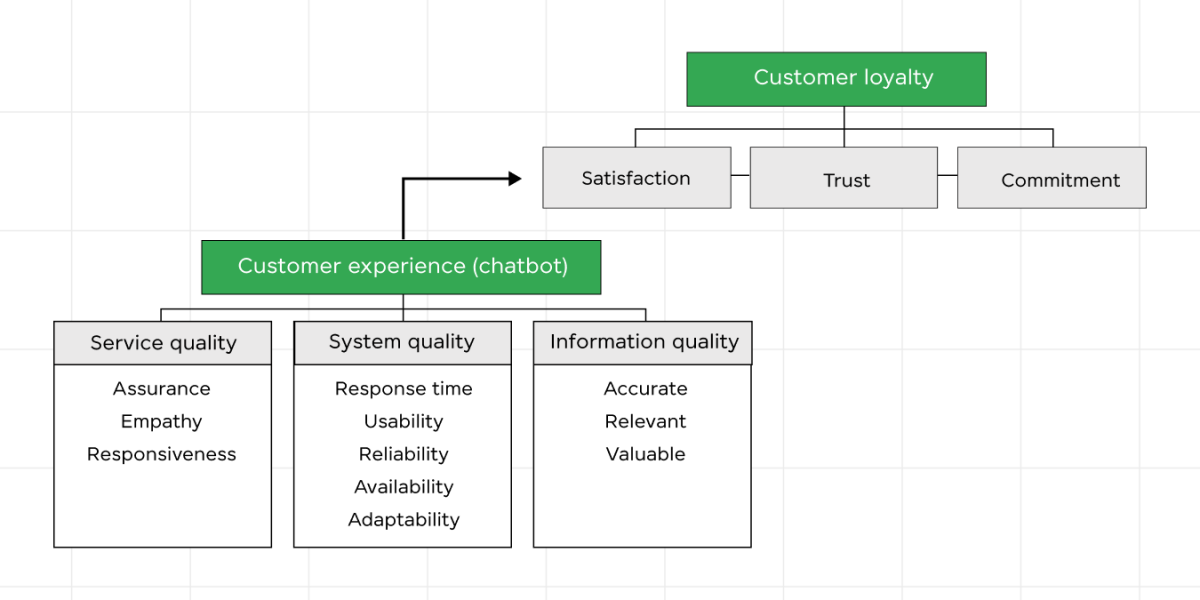
7. Boost Sales
Chatbots significantly contribute to boosting sales by conversationally engaging customers and guiding them through the sales funnel. They can answer product questions, provide recommendations based on user preferences or browsing history, and even upsell or cross-sell by suggesting additional products that complement the customer’s interest.
This personalized shopping assistance helps reduce the friction typically associated with online shopping, making the purchasing process smoother and more engaging. For businesses, chatbots represent a cost-effective way to enhance customer service and sales efforts simultaneously, leading to increased conversion rates and average order values without significantly increasing overhead costs.
Also Explore: Top 15 B2B Digital Marketing Strategies in 2024 [Updated]
8. Increase Lead Generation
Chatbots are effective tools for increasing lead generation by engaging visitors the moment they arrive on a website or platform. Through interactive conversations, chatbots can qualify leads by asking pertinent questions and capturing contact information, which can then be used for follow-up marketing efforts.
This immediate engagement helps maintain the visitor’s interest and increases the likelihood of conversion from casual browser to potential lead. Furthermore, the data collected through these interactions can provide valuable insights into customer preferences and behavior, enabling businesses to tailor their marketing strategies more effectively and increase the efficiency of their lead-generation efforts.
Also Read: 7 Unique Web Development Project Ideas for Beginners
9. Streamline the Checkout Process for Higher Conversions
Chatbots can significantly streamline the checkout process, making it quicker and more user-friendly, which in turn can lead to higher conversion rates. By guiding customers through the checkout process, answering any questions they have in real-time, and addressing common concerns (such as payment security or shipping options), chatbots help reduce cart abandonment rates.
They can also offer personalized discounts or promotions at the point of sale to encourage completion of the purchase. For businesses, this means not only an increase in sales but also an improvement in customer satisfaction, as the buying process becomes more convenient and tailored to individual needs.
10. Help with A/B Testing
Chatbots can play an important role in A/B testing by facilitating the simultaneous testing of different messages, interactions, or strategies directly with the customer base. This allows businesses to gather valuable data on customer preferences and behaviors, understanding what works best in engaging customers and driving conversions.
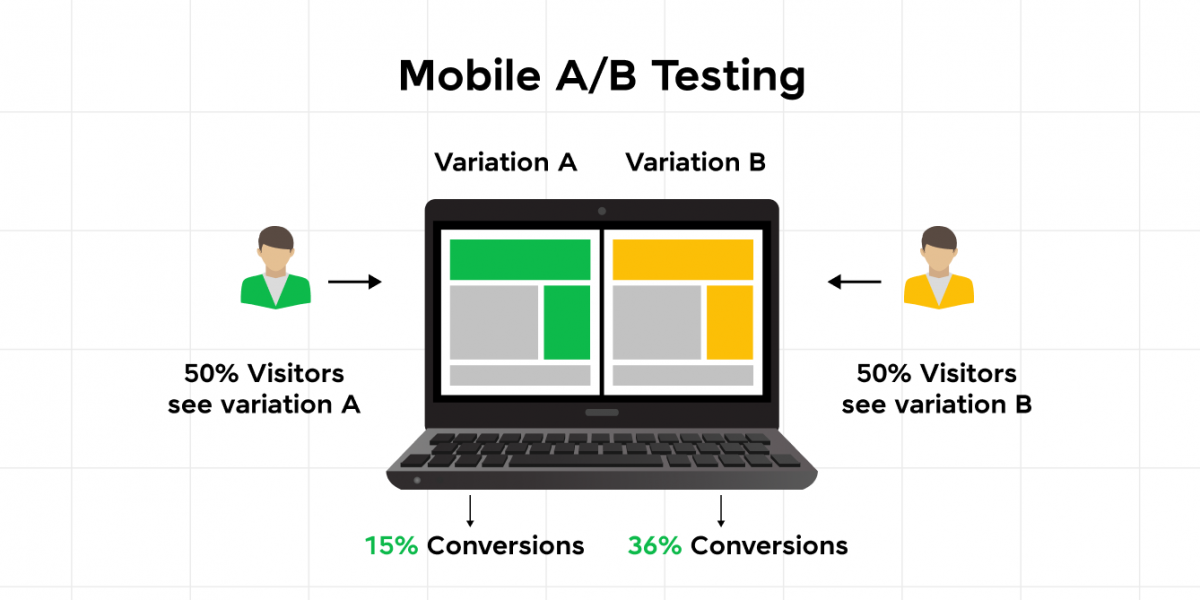
By integrating chatbots into A/B testing strategies, businesses can make data-driven decisions to optimize their customer service, marketing, and sales efforts. This real-time feedback loop can significantly shorten the testing cycles and improve the effectiveness of communication strategies.
Also Read: 16 Types of Digital Marketing: Best Mediums For 2024
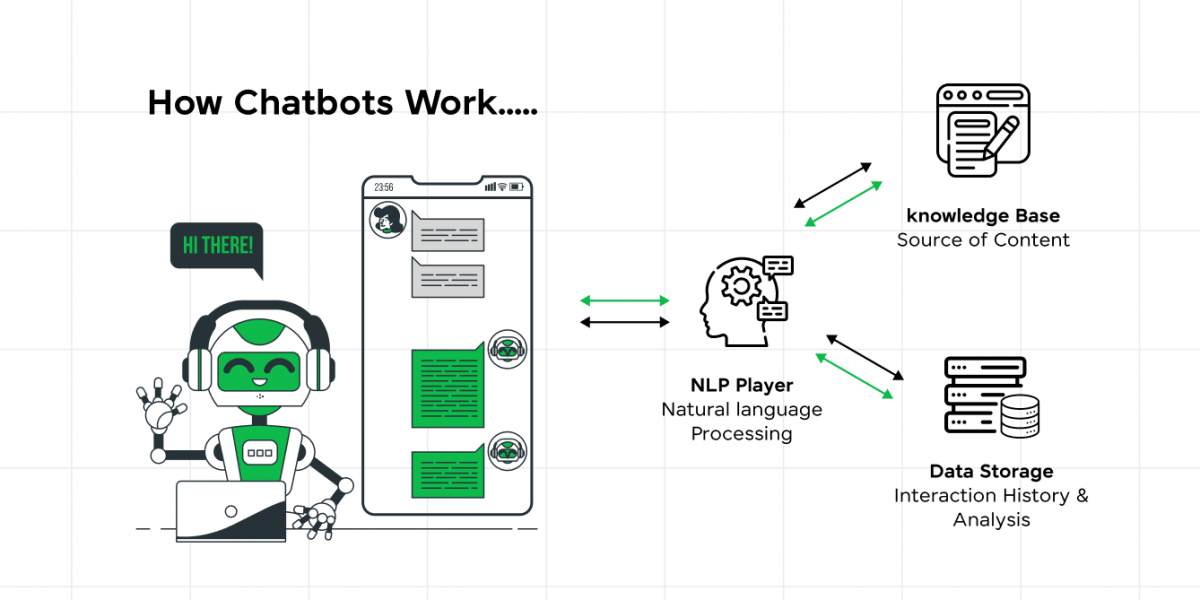
11. Reduce Business Costs
Implementing chatbots can lead to significant reductions in business costs. By automating routine customer service tasks, chatbots decrease the need for a large customer service team, thereby reducing labor costs. Additionally, chatbots can handle an unlimited number of interactions simultaneously, which means businesses don’t need to scale their customer service teams during peak times.
This efficiency not only saves money but also ensures consistent quality of customer service. The cost savings extend beyond payroll, as chatbots can also reduce the need for extensive training and the physical space required to house customer service teams.
Also, Learn 8 Steps to Make an Effective Digital Marketing Plan
Conclusion
As we look forward to the future of customer service, it’s clear that chatbots will play an important role. Their ability to transform customer interactions into more meaningful, efficient, and delightful experiences offers a glimpse into a future where technology and human ingenuity combine to create unprecedented value for customers and businesses alike.
The encouragement for businesses today is not just to explore chatbot technology but to embrace it wholeheartedly as part of their journey toward innovation and excellence in customer service.
For those interested in using these technologies, GUVI’s Artificial Intelligence and Machine Learning courses combo offers deep learning of the skills needed to develop and deploy advanced chatbots, preparing you for the future of customer services.
Also Explore: Best AI Tools for Students 2024
FAQs
Chatbots significantly improve customer satisfaction by providing instant, 24/7 responses to queries, reducing wait times, and ensuring customers receive support exactly when they need it.
They offer personalized interactions by understanding user preferences and history, making customers feel valued.
Chatbots, especially those powered by advanced AI and machine learning algorithms, are increasingly capable of handling complex customer service tasks.
They can understand and process natural language, interpret customer intent, and provide personalized responses or solutions.
Yes, chatbots are a cost-effective solution for businesses of all sizes, including small enterprises. They can automate a significant portion of customer interactions, reducing the need for a large customer service team and thereby lowering operational costs.

















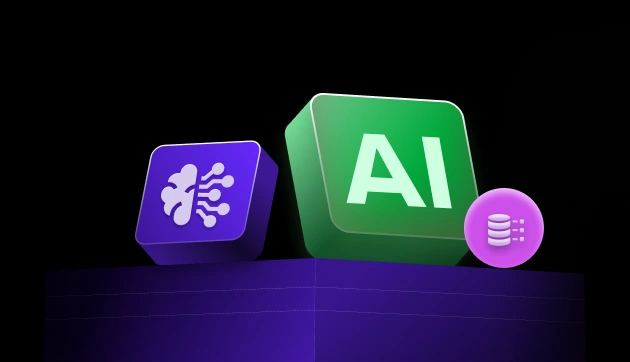
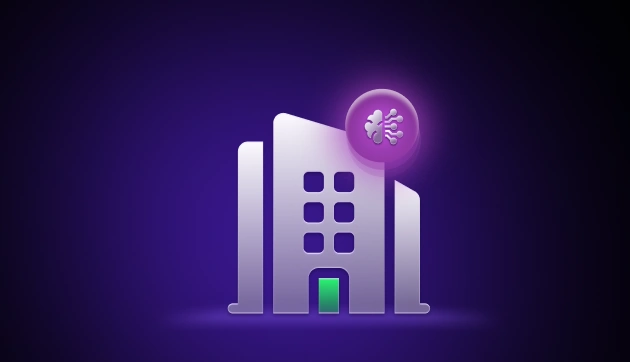

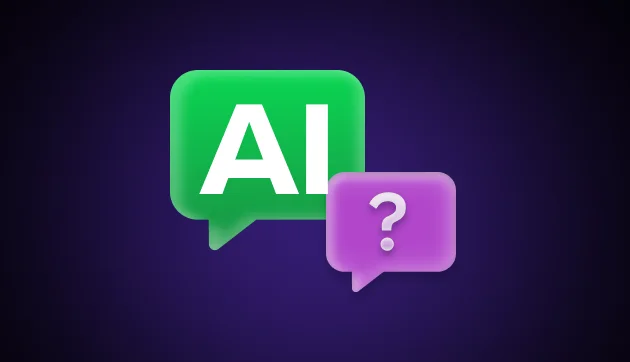
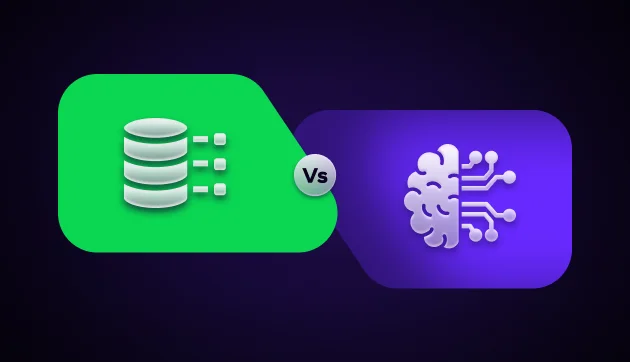



Did you enjoy this article?